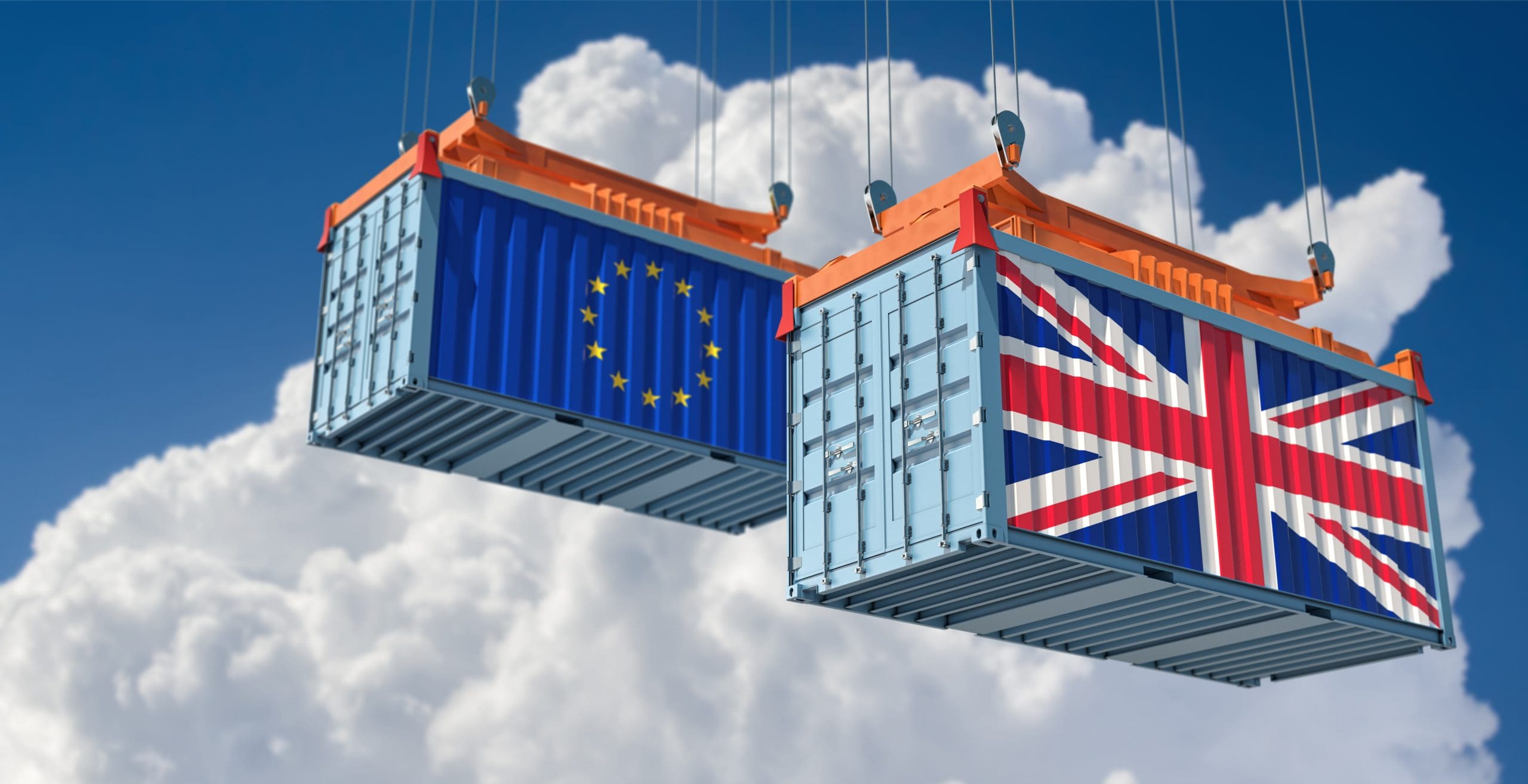The UK’s continued membership of the European Union Single Market and Customs Union during the transition period meant that businesses were eligible to trade with the EU tariff-free without the need for customs declarations or meeting rules of origin. As we are all aware, after December 31, 2020, the transition period ended, meaning from January 1, 2021 we have moved to trading based on a new Free Trade Agreement – the Trade and Cooperation Agreement (TCA) between the UK and the EU.
To benefit under the TCA, goods will have to be of UK or EU origin, meaning they must meet the UK-EU preferential origin rules. These rules are set out in the TCA and determine the origin of the goods based on where the products or materials used in the production come from. Their purpose is to ensure that the preferential tariffs are only given to goods that originate in the UK or EU and not from third countries.
Goods that do not meet the rules can, of course, still be traded but they will not be able to benefit from preference under the TCA and may have to pay the standard tariffs that the UK and the EU apply to imports. For exports to the EU, this is their Common External Tariff. Likewise, for imports to the UK, this is the UK Global Tariff.
What are originating products?
There are two ways in which a product can be considered ‘originating’.
- It can be wholly obtained. Examples of wholly obtained goods include animals born and raised, vegetables and plants grown, fish caught in UK waters or minerals extracted from the soil in a single country.
- It has been substantially transformed in line with the relevant product-specific rule. There are three basic rules used to decide if goods are sufficiently transformed: the value-added rule; the change in tariff classification and the manufacture of certain products or though specific processes.
Full details can be found in the TCA to help business determine the origin of their products.
Claiming preference treatment under the TCA
In order for businesses to benefit from preferential tariffs when importing into the UK or EU, preference will need to be claimed on the customs declaration and declare that they hold proof that the goods meet the rules of origin.
A proof of origin is used by the importer to demonstrate that the goods qualify as originating and are eligible to claim preference. The TCA confirms that this proof can be in the form of:
- A Statement of Origin completed by the exporter on a commercial document, or
- Knowledge obtained and held by the importer that the goods are originating.
Importers must have proof of the originating status of the product before claiming preference.
If you are an exporter, you must hold evidence that the goods meet the relevant rules of origin before issuing a Statement of Origin.
Justin Richardson, CEO of Bedfordshire Chamber of Commerce said: “Origin matters more than it ever has for UK companies trading with the EU. If your products have inputs from across the world it could fall foul of the Rules of Origin agreed in the Trade and Cooperation Agreement.”
Customs declarations are a necessity for all businesses that import and export goods. Customs declarations are official documents that are used to accompany goods that are entering or leaving a market. They are used internationally to communicate the origin of the product and its relevant tariff, to allow customs authorities to calculate what duty is payable and understand applicable restrictions.
As an importer or exporter, making a declaration requires you to fully understand everything about the goods you are clearing from a customs perspective.
You must know:
- The tariff code for each item of your consignment.
- If your goods require any licences or special certificates.
- If your goods are subject to quotas.
- The correct procedure code under which to import your goods.
- The origin of the goods.
- The duty and VAT you expect to pay on import.
This article only touches the surface of the UK-EU trading and rules of origin for products, ‘The Trade and Cooperation Agreement (TCA): detailed guidance on the rules of origin’ gives full details, plus much information can be found on GOV.UK.
We are holding a series of funded international workshops across February and March. Subjects include Rules of Origin, Tariff Classification, Import and Export Procedures and Declarations.
Visit this link to see dates, availability and eligibility.
If you are interested in finding out how Bedfordshire Chamber of Commerce can help, get in touch on 01582 522448 or www.chamber-business.com/exporting














